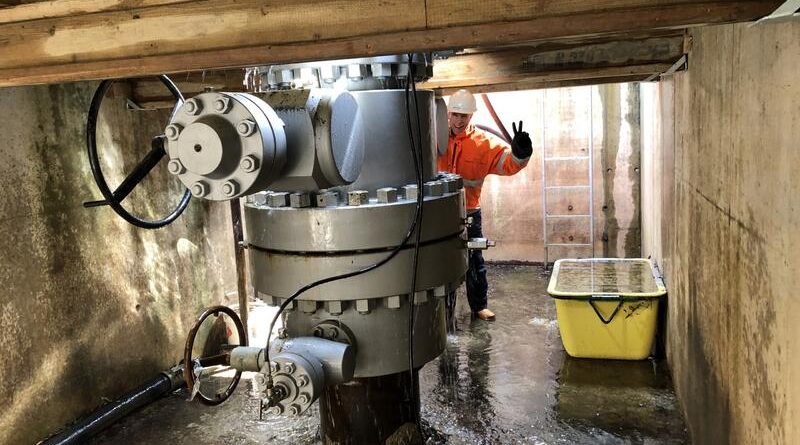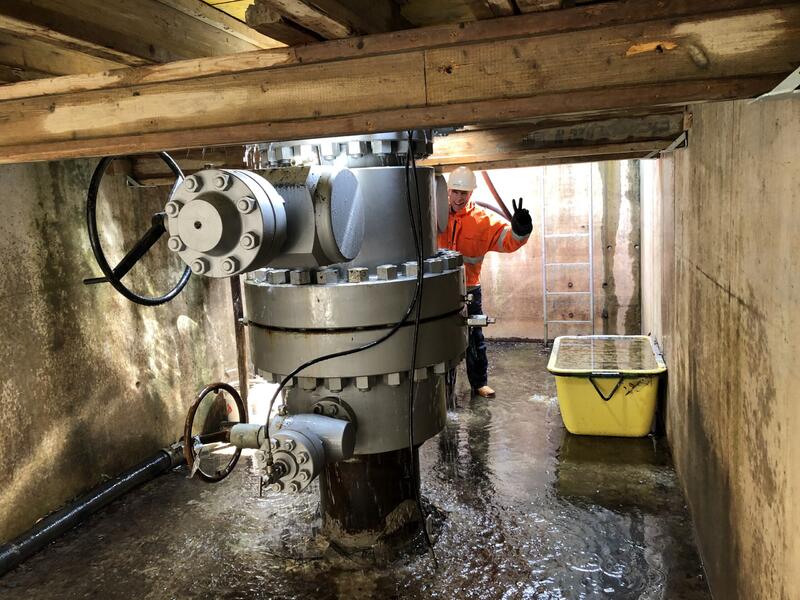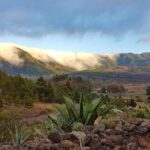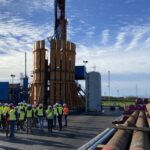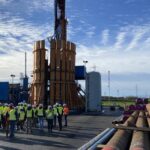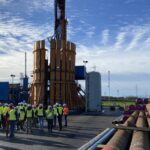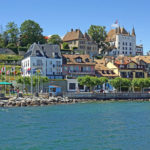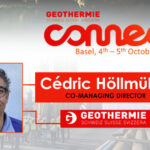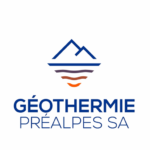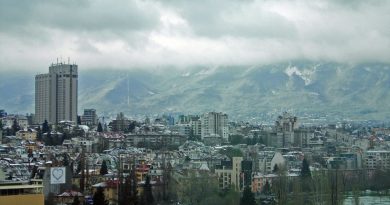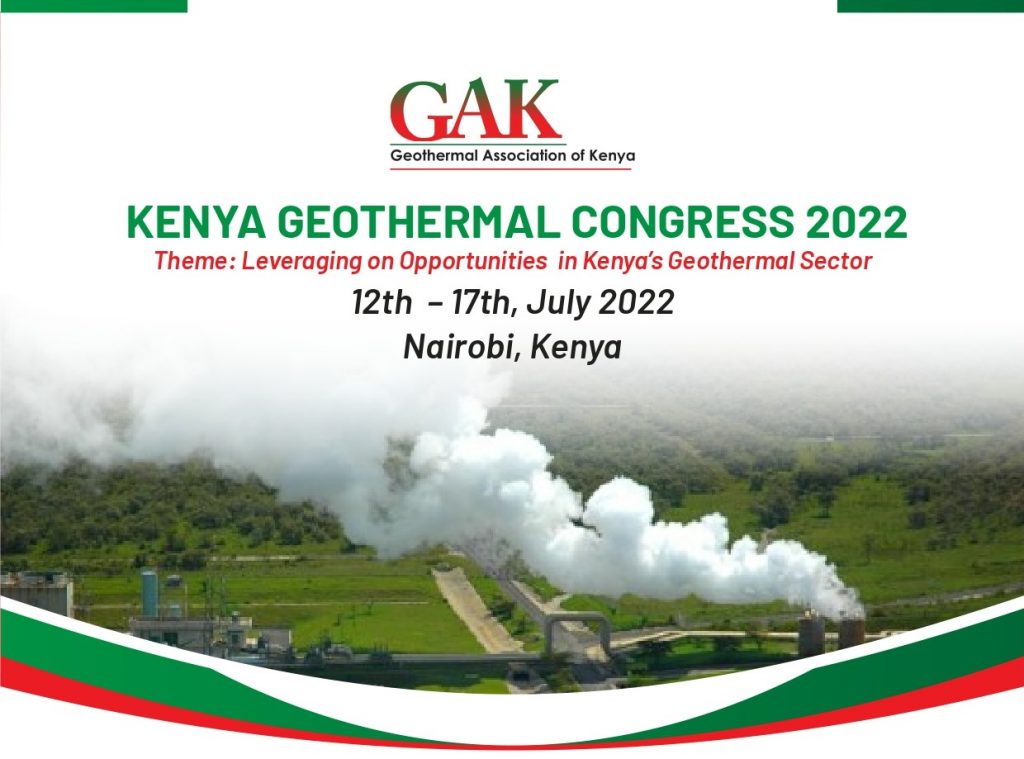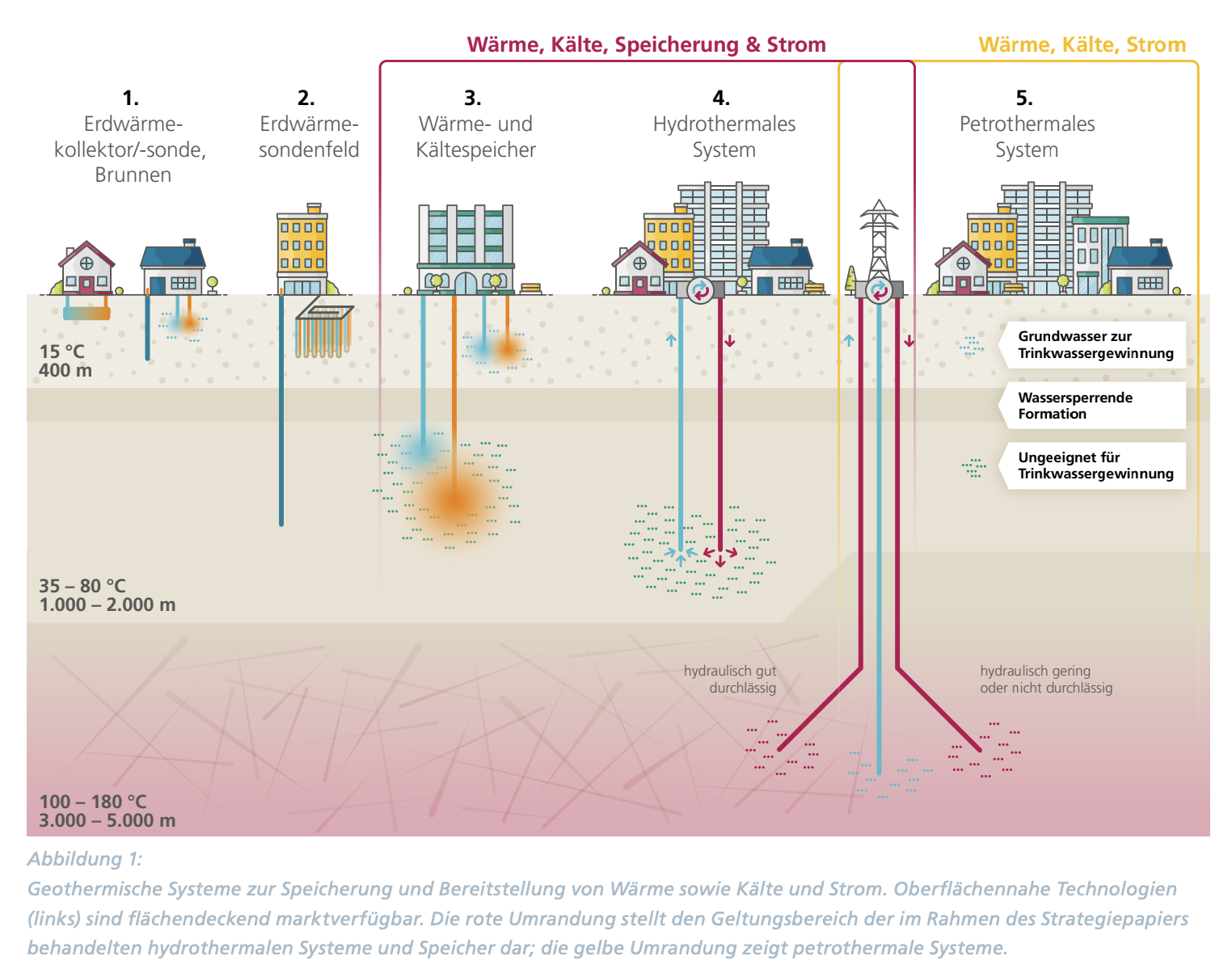St. Gallen research could lead to more geothermal in Switzerland
Energy Disrupter
Well integrity tests conducted at the abandoned geothermal well drilled in St. Gallen, could actually lead the way for more geothermal development in North-east Switzerland.
As part of research following the stop of the geothermal project in St. Gallen, Switzerland, well integrity check at the well were conducted measuring (first ever at St.Gallen well) a static temperature profile down to 3,700 m measured depth after seven years of no operation within the well. The tests were done by Geotec Consult and Geomecon. We reported on the scientific research before.
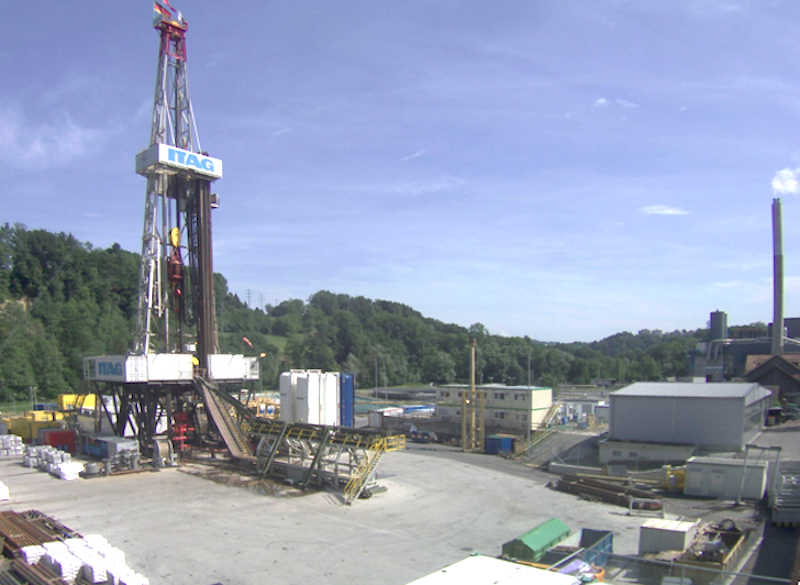
After shutting-in the well again, the acquired data was then to be analysed. The expected results are undisturbed temperature profile and indications on well integrity down to 3,700 m measured depth for the use within S4CE by uploading data on IS-EPOS platform.
As part of the Science4Clean Energy Project, partner St.Gallen has been aiming at supporting the work of S4CE partners by indirectly determining well integrity by simple means (existing methodology / technology) within the easy accessible sections of the well during standard well maintenance procedures. The work was carried out at St.Gallen field site and well in September 2020. The actions and results are described in detail in a report delivered by St. Gallen “Well integrity measurement at St.Gallen field site by temperature profiling within cased well bore sections“ and the related data was published on S4CE data hub IS-EPOS within Episode St.Gallen in February 2021.
It has been shown that even with this low-budget solution certain questions regarding well integrity (well integrity issues by means of damaged borehole casings) can be evaluated and answered. It was concluded that the method used was a fast and easy way to indirectly assess well integrity issues for this kind of sealed, non-pressured, non-operational well. Additionally, the results could be used as reference / for validation purposes by S4CE partners.
A first ever undisturbed temperature profile to about 3.5 km total vertical depth was obtained within “St.Gallen GT-1” well and a geothermal gradient was determined which – besides other data – led to a better understanding of this (subsurface) location and could lead the way for more geothermal development in the region of North-east Switzerland / St.Gallen. The method used could be adapted for wells worldwide with similar status to assess environmental issues in relation to well casings.
Source: Science4CleanEnergy, Science4CleanEnergy report September 2020

